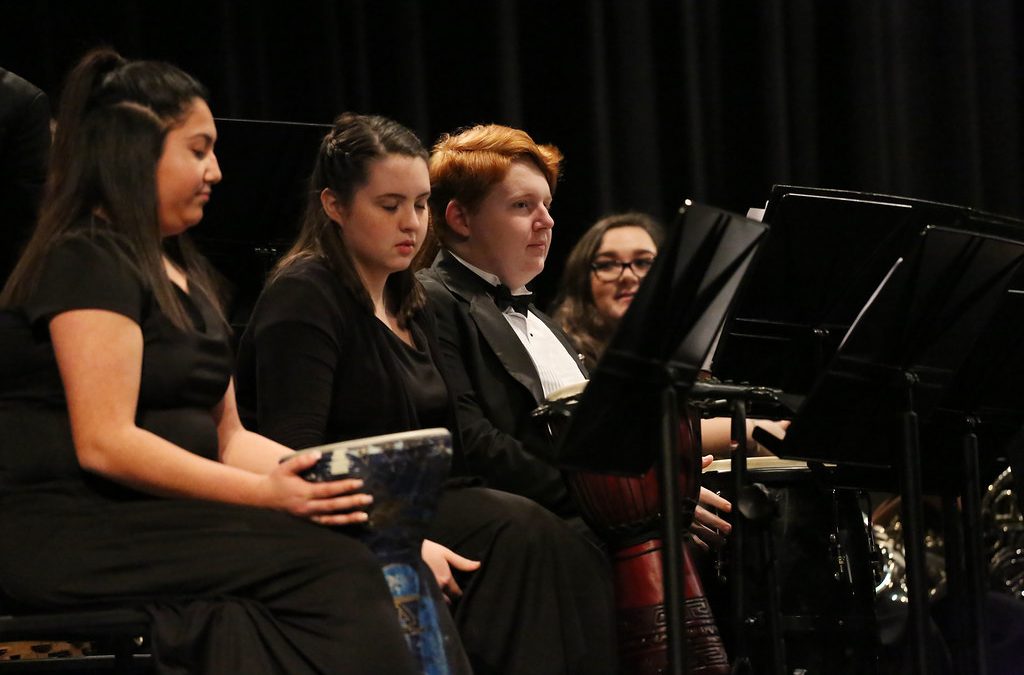Music Education History
Western classical music education has a long and rich history. The first formalized Western classical music education began in the 11th century with the development of Notre Dame schools. In these early years, students were taught sight-singing, plainchant, and Gregorian chant. By the 13th century, polyphony had become an important part of Western classical music education, and students were taught to sight-read and perform this more complex type of music. In the 14th century, Guido d’Arezzo developed a new form of musical notation called “neumes” which made sight-reading easier for students.
During the Renaissance, Western classical music education became more widely available to the general population. In the 16th century, music schools called “conservatories” were established in Italy, and by the 17th century, there were conservatories in France and England as well. These early conservatories focused primarily on instrumental performance and composition.
In the 18th century, Western classical music education began to spread to other parts of Europe and the Americas. In the 19th century, educational institutions called ” conservatories” were established in many cities across the United States. These conservatories focused on both instrumental performance and vocal music education.
Today, Western classical music education is still widely available, although it has changed significantly since its early days. Many modern music schools offer programs specifically focused on Western classical music education. Unfortunately, these programs are usually the first to go when schools face budget cuts. If Western classical music education is cut then our students will miss out on the three benefits of studying classical music.
How Music Education Benefits Our Students.
Classical music has been shown to provide a number of benefits for students, both in terms of their academic performance and their personal development.

1- Western classical music can improve a student’s focus and concentration.
Classical music has been shown to improve concentration and focus for students. One study found that students who listened to classical music while studying scored to learn different ways higher on tests than those who did not listen to music.
It’s believed that classical music can improve focus and concentration because it is slow and has a consistent beat. This can help to calm and focus the mind, making it easier to concentrate on tasks.
2- Classical music has been shown to relieve stress and anxiety in students.
Classical music can help students focus, concentrate, and retain information better. It can also improve memory and cognitive function. Classical music has been shown to reduce blood pressure, heart rate, and cortisol levels (the stress hormone). In one study, students who listened to classical music before an exam had lower anxiety levels and performed better than those who did not listen to music.
3- Classical music students tend to perform better academically than those who do not.
A number of studies have shown that students who study classical music tend to perform better academically than those who do not. One study found that students who took part in a music program for just one year had higher grades and test scores than those who did not participate in the program.
In addition, classical music has been shown to improve students’ critical thinking and problem-solving skills. A study involving eighth-graders found that those who took part in a music program for four years were more likely to score higher on standardized tests than those who did not participate in the program.
We can’t lose music education.
There are a number of reasons why classical music may have these benefits. First, classical music requires students to think critically and solve problems. Second, classical music is typically more complex than other genres of music, which means that it can help students learn to pay attention to detail. Finally, classical music has been shown to improve focus and concentration, which can help students in their academic studies.
In addition to the academic benefits of studying classical music, there are also a number of benefits for students’ careers. Classical music has been shown to improve communication skills, leadership skills, and teamwork skills. These skills are valuable in any career, but they are especially important in fields such as business, education, and healthcare.
